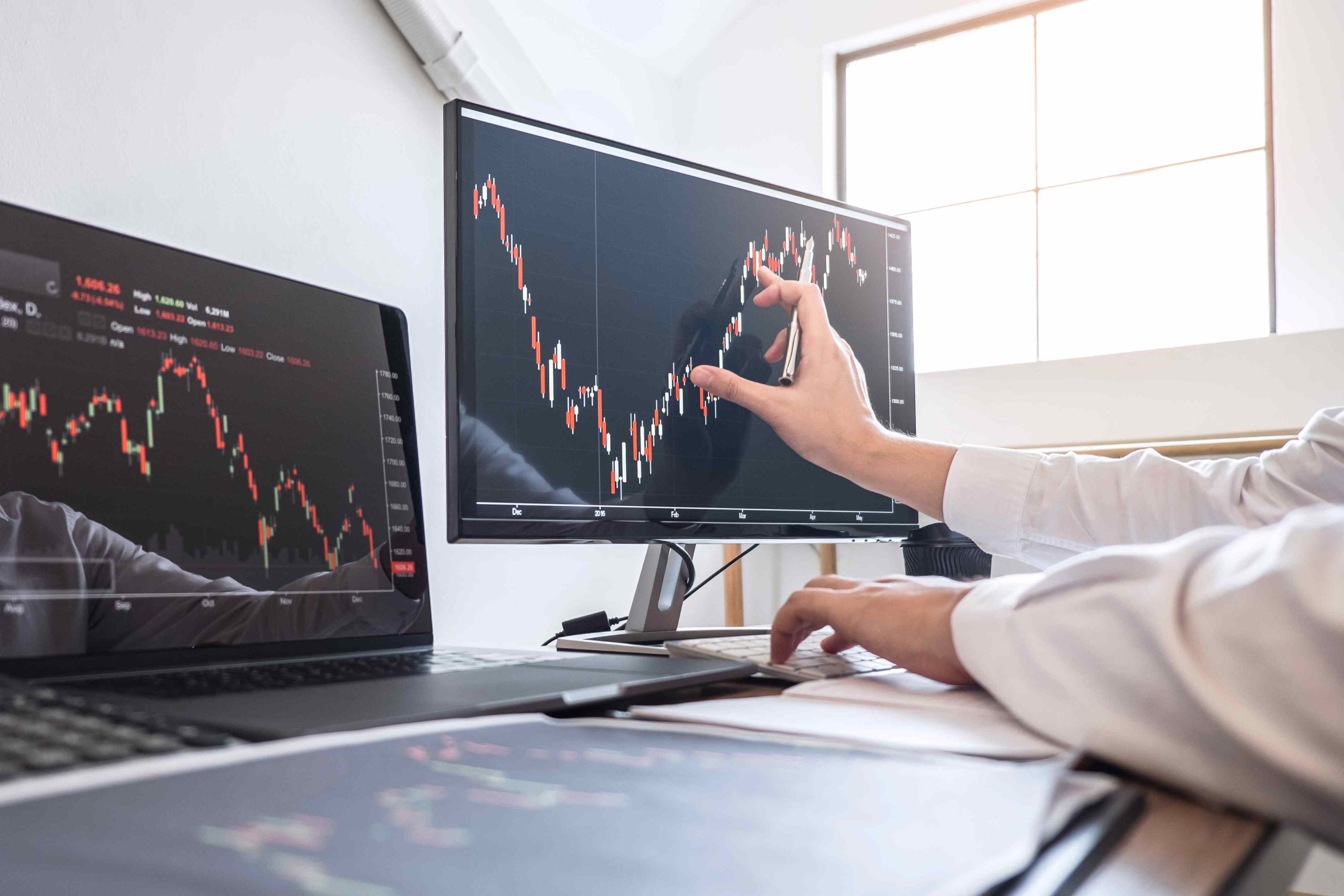Despite multiple sources of uncertainty arising from both the macro-economic environment as well as the geopolitical situation, most international equity markets have been performing surprisingly well in recent months. In particular, over recent weeks, there were some important milestones that ought to have caught investors’ attention.
One of the important events over recent weeks was the rally in Japan’s Nikkei 225 index to its highest level since 1990 amid signs that the country made further progress in its three-decade fight with deflation as consumer prices indicated that inflation was still above the central bank’s target of two per cent.
Unlike most other major central banks around the world which have hiked interest rates in recent months at their fastest pace ever in order to reduce inflation levels running at their highest levels in 40 years, the Japanese central bank is among the last monetary authorities worldwide still pursuing ultra-loose interest rates and quantitative easing measures.
Moreover, recent Japanese economic data showed that the world’s third-largest economy had grown faster than expected in the first quarter of 2023, expanding by 1.6 per cent on an annual basis, far exceeding economists’ projections in the region of 0.7 per cent.
The Japanese equity market has also been boosted by the decline in the value of the yen thereby helping the performance of the country’s export-oriented companies.
The Nikkei 225 had briefly surpassed the 30,000 points level on a few occasions in 2021 for the first time since August 1990 before dropping back towards the 25,000-point level in March 2022. Earlier this month, the Japanese benchmark index rallied past the 30,000-point level once again marking the highest level in 33 years. Despite the upturn over recent months (+18 per cent since the start of 2023) to the highest level since 1990, the index is still well-below the all-time high reached in the late 1980’s.
Another strong performer so far this year is Germany’s DAX index (incorporating Germany’s 40 largest companies) which hit a record high of over 16,300 points in mid-May, surpassing its previous record of just below 16,300 points in November 2021. Over recent months, European equity markets advanced on stronger-than-expected financial performances across most of the large companies in the region, the lower probability of a recession across the eurozone as well as China’s economic reopening following the severe COVID-19 restrictions.
The German index is currently showing gains of over 14 per cent since the start of the year which is very much in-line with the performances of some of the other major European indices. In fact, the benchmark EURO STOXX 50 index of eurozone companies is also in double-digit territory this year.
A prominent theme that took centre-stage over recent months is how the rise of generative artificial intelligence (AI) has the potential to change the way we live and work which is altering the landscape for investors in technology stocks leading to a surge in share prices of companies that are likely to benefit most from AI. ChatGPT, developed by privately-owned OpenAI, with Microsoft as the main shareholder, is the most high-profile example of the technology leading to evident enthusiasm around this new trend.
Last week, as enthusiasm for AI remained elevated, Nvidia Inc become the sixth public company in the world valued at over $1 trillion joining Apple, Saudi Aramco, Microsoft, Alphabet and Amazon. Nvidia’s share price surged by almost 25 per cent recently (+174 per cent since the start of the year) after the company introduced new AI-related products and after issuing quarterly earnings that significantly beat consensus estimates. Moreover, Nvidia estimated that its sales forecast during the upcoming quarter will amount to $11 billion which is significantly higher than the original estimates of $7.15 billion. Since Nvidia’s graphics processing units (GPU’s) are critical to generative AI platforms like OpenAI’s ChatGPT, Nvidia’s CEO claimed that the strong demand for the company’s product is just the start of a 10-year cycle.
While Nvidia has generated stellar returns for investors this year, other large technology companies also saw their share prices rally strongly. This is the main reason for such a strong outperformance of the Nasdaq composite (+27 per cent) compared to the muted performance of the Dow Jones Industrial Average index.
The rally in US technology companies and the overall positive momentum across global equity markets came about despite the lengthy debates and widespread concerns about the potential default by the US Treasury. Late last week, the US Senate approved a fiscal deal over the ‘debt ceiling’ that risked triggering an unprecedented default in the world’s largest economy. The debt ceiling is the amount the US Government is allowed to borrow to meet spending obligations already agreed by Congress and the White House. The deal allows the administration to borrow beyond the previously imposed congressional limit of $31.4 trillion for the next two years.
The performance of the international equity markets over recent months is another clear example of the difficulties encountered by many investors to effectively time the market by buying at the trough and selling at the peak. Instead, many seasoned investors advocate that the most successful strategy for equity market investing is essentially ‘time in the market’ thereby remaining invested for the long-term. Historically, equity markets have performed very positively through the passage of time despite the regular economic or political shocks that greatly impinge on short-term performances and investor sentiment.
Read more of Mr Rizzo’s insights at Rizzo Farrugia (Stockbrokers)
The article contains public information only and is published solely for informational purposes. It should not be construed as a solicitation or an offer to buy or sell any securities or related financial instruments. No representation or warranty, either expressed or implied, is provided in relation to the accuracy, completeness or reliability of the information contained herein, nor is it intended to be a complete statement or summary of the securities, markets or developments referred to in this article. Rizzo, Farrugia & Co. (Stockbrokers) Ltd (“Rizzo Farrugia”) is under no obligation to update or keep current the information contained herein. Since the buying and selling of securities by any person is dependent on that person’s financial situation and an assessment of the suitability and appropriateness of the proposed transaction, no person should act upon any recommendation in this article without first obtaining investment advice. Rizzo Farrugia, its directors, the author of this article, other employees or clients may have or have had interests in the securities referred to herein and may at any time make purchases and/or sales in them as principal or agent. Furthermore, Rizzo Farrugia may have or have had a relationship with or may provide or has provided other services of a corporate nature to companies herein mentioned. Stock markets are volatile and subject to fluctuations which cannot be reasonably foreseen. Past performance is not necessarily indicative of future results. Foreign currency rates of exchange may adversely affect the value, price or income of any security mentioned in this article. Neither Rizzo Farrugia, nor any of its directors or employees accepts any liability for any loss or damage arising out of the use of all or any part of this article.
When is a financial ratio healthy?
Updated Financial Analysis Summaries for 2026 underline why leverage ratios remain a critical tool for investors
Vision 2030 & 2050: A strategic lens on Malta’s tourism, hospitality, and leisure industries
Malta’s next challenge is not growth – but quality
From stability to strategy – The 2025 banking reset and the 2026 roadmap
Global markets closed 2025 on a strong note as AI-led equity gains







